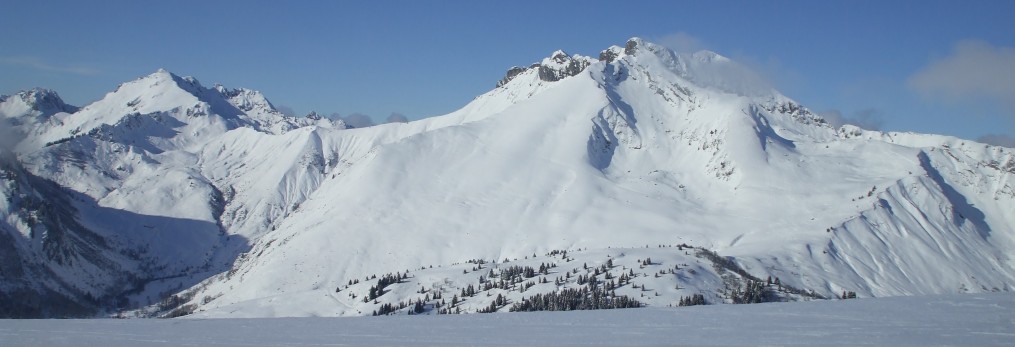As I put together my own packing list for my ski season last week, I trawled the internet for reminders of any essential items that I might have forgotten. One of the questions that comes up most frequently on forums like natives.co.uk is “What should I take with me?” or “what kit do I need to pack?” So going from my own experience and the advice of others who have multiple seasons under their belt, here’s what I’ll be taking. It looks like a lot of stuff, but most of these are small, or squash down.
Ski kit:
Skis or board
Boots
Poles
Helmet
Goggles
3 x thermal trousers (because January is cold, and wash days are less frequent that you’d like)
5 x base layer top, of whatever variety you like.
3 x thick hoody/fleeces
1 x ski trousers/salopettes
1 x ski jacket
ski socks (at least 5 pairs, preferably more)
gloves or mitts
hat
buff or scarf
Other clothes:
Uniform (whatever you’re told to bring – for me this is a white shirt and a pair of black trousers)
Underwear (mix of sports bras & regular bras; roughly 10 pairs pants)
Socks (At least 10 pairs, more if space – socks are something that go missing surprisingly often, especially in shared accommodation.)
combat trouser or other old trousers for cleaning/set up/other messy jobs
3 x jeans (2 would be fine if you’re short on space)
t-shirts for off time & going out (shirts that double for both times are ideal. I’m going to take about 7, maybe more depending on space. Most of the time you will probably be wearing ski clothes or work clothes, so you don’t need many.)
A sweater or two for off time, including nights out
Scarf
Ordinary gloves for wearing around resort/to bars
Old warm jacket for wearing on nights out (not everywhere has a cloakroom, and you don’t want to spend the night worrying about your brilliant ski jacket being nicked from a pile in the corner/pushed onto the floor/having beer spilt all over it)
Toiletries etc:
Sun cream for face & lips
condoms
toothbrush & paste
hairbrush & ties
deodorant
jewelry
hand cream
nail clippers
tweezers
nail file
paracetamol, ibuprofen, throat soothers (some also include Berocca here to aid with hangovers)
a razor
1st aid kit, including plasters
shampoo/conditioner (but remember there will be stuff you’re giving to guests each week, and stuff they leave behind)
glasses/contacts
Other Useful Items:
laptop & charger
phone & charger
camera & spare batteries
glasses
british-french adaptor plug
couple of books/ebooks
some DVDs
computer games
ipod & headphones
alarm clock (Yes, my phone has one. No, I don’t trust myself to charge the phone before bed if I’ve been out to the pub.)
passport
insurance documents (depending on what your employer provides)
money (some cash, and a re-loadable currency card like Caxton, FairFX, Thomas Cook, etc)
EHIC card
pack of cards
blue tack & some photos (to cheer up your room)
torch
notepad
pens
hip flask
2p coins (for pool tables that ask for 2euro coins)
water bottle
Footwear:
1 pair smart black shoes for working in
1 pair boots for wearing outside
1 pair flip flops (useful for showers in shared accommodation, and end of season when it’s warm)
1 pair slippers (this is a slight personal preference – I love my slippers & know it’s worth me making space for them. You might want to have some other kind of indoor shoe, but your work ones are probably fine if they are comfy.)
Things suggested by others, which I don’t personally take:
tea bags
good hot chocolate powder
Marmite
multi-plug extension lead (I never needed one.)
Duct tape
Speakers
Off-piste safety equipment. (I don’t ski off piste. When I start to, believe me I will get some.)
Vacuum bags are also very useful for squashing the air out of ski jackets & other bulky items to make them take up less space while packing.



